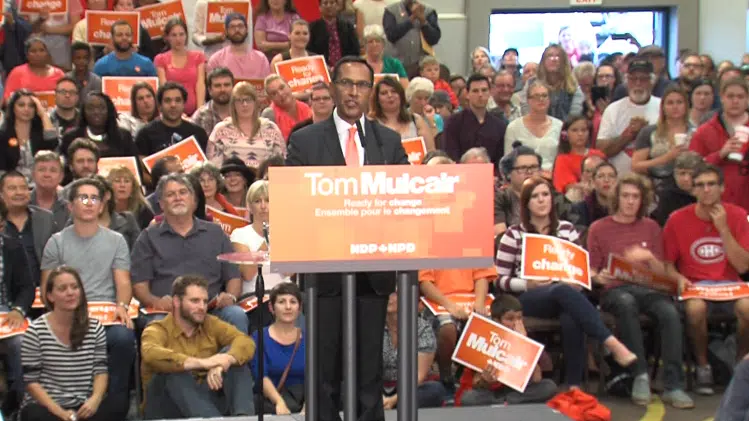
Sundhu undecided on Mulcair’s future
KAMLOOPS — Tom Mulcair’s fate as the leader of the federal New Democrats is in the hands of party members this weekend.
A leadership confidence vote is planned for Sunday morning at the national NDP convention in Edmonton.
Bill Sundhu was the party’s candidate in Kamloops-Thompson-Cariboo in last year’s election.
Sundhu is in Edmonton for the convention and says Mulcair’s future is not a clear-cut decision.


